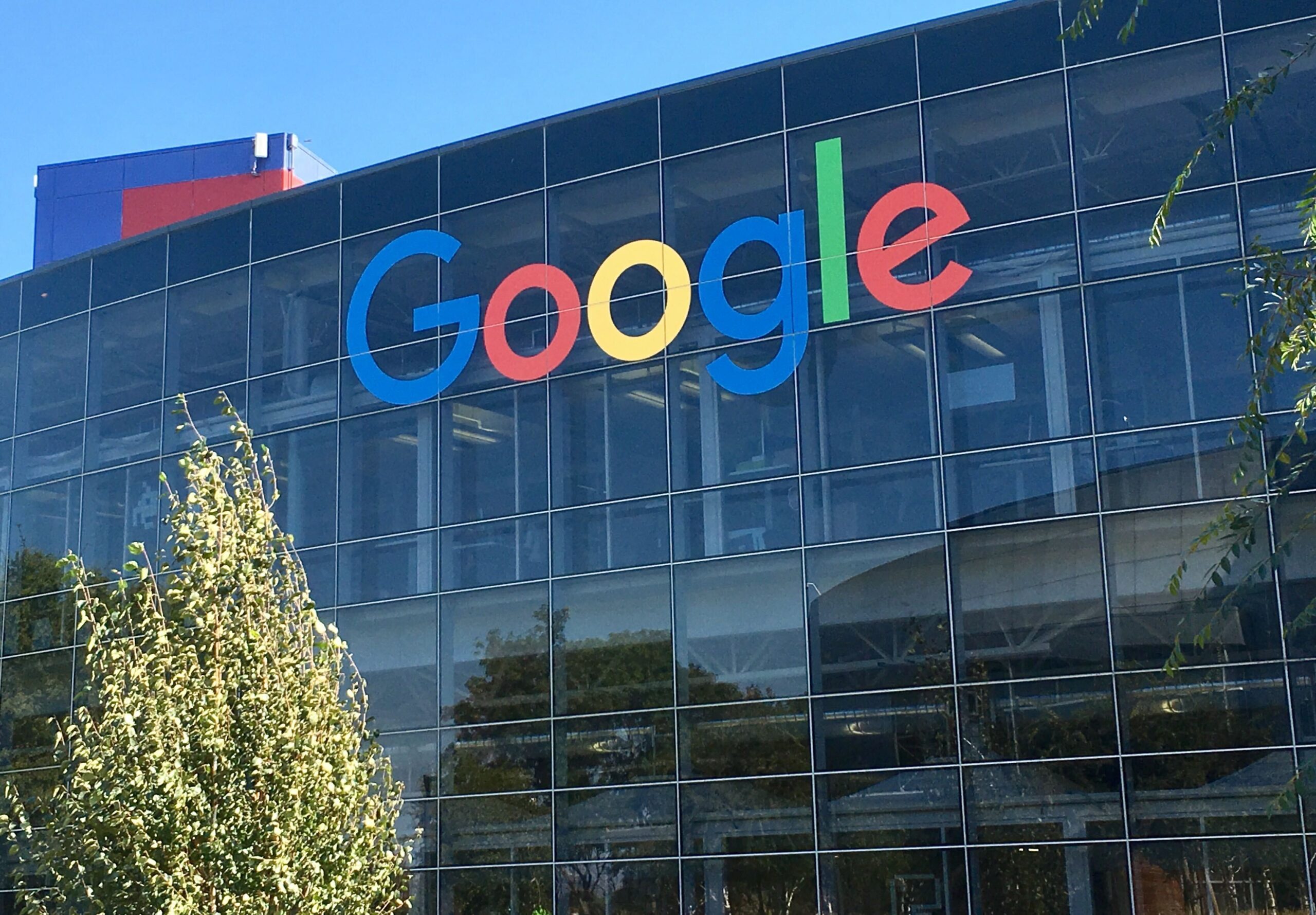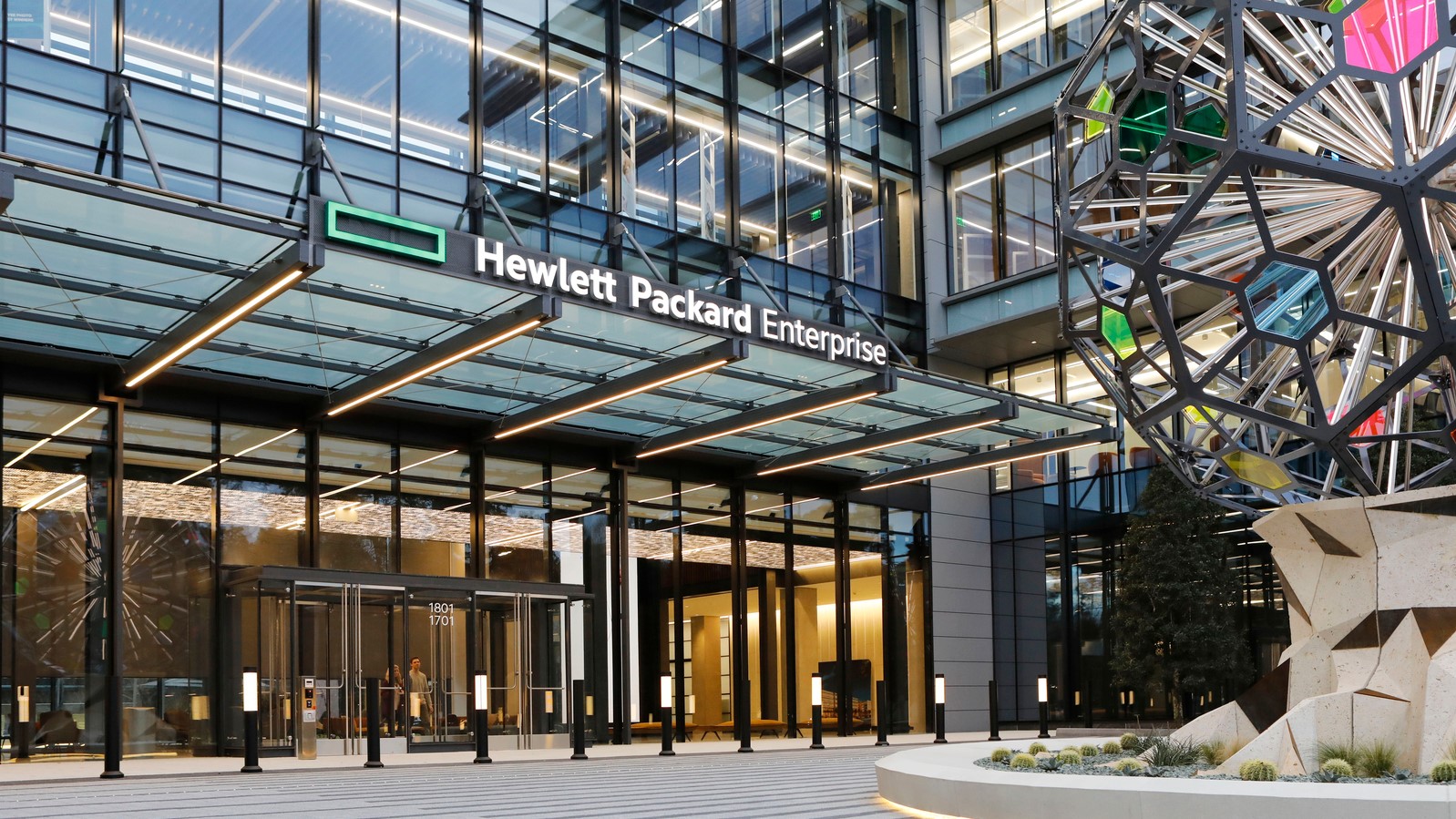If the Wiz deal gets past regulators, it would give Google a multicloud foothold

For those of us who follow enterprise M&A, it’s not often you see a company, much less a four year old startup, turn down a $23 billion offer. But that’s what happened last summer when Israeli cloud security startup Wiz rejected Google Cloud’s expensive overtures.
At TechCrunch Disrupt last Fall, Wiz CEO and co-founder Assaf Rappaport explained it was a tough decision, one of the hardest he ever made, but he was willing to reject such a large offer because he believed he could build Wiz into a $100 billion company.
The company made it to $100 million ARR in just 18 months. It was expected to reach $1 billion in ARR this year after just five years in business. It's not $100 billion, but it was about as good a start as most startups could hope for.
Regardless, it turned out that there was a number that Rappaport and his co-founders couldn’t refuse when the company accepted a $32 billion offer and made the deal official last week. It seems as though that $9 billion made all the difference.
The promise of multicloud
Many companies are deploying across multiple cloud vendors, some that compete with Google like Amazon and Microsoft, and this tool provides the ability to secure across all of these vendors from a single interface. David Linthicum, a long-time cloud analyst, says Google is attempting to address customer concerns around vendor lock-in and the cost and complexity associated with managing security across multiple clouds.
"Most enterprises that I talk to are glad that they moved to a multicloud deployment, but they admit that the cost is much higher given the operational complexity they must endure," Linthicum told FastForward. "This is a step toward making those deployments less complex, because you’re using a single security control plane across all of the cloud platforms."
Google Cloud CEO Thomas Kurian, writing in a blog post announcing the deal, says that multicloud capability is rare, and that’s why his company was willing to spend so much money to bring Wiz into the fold. “Wiz is different from the services we offer today – it delivers a seamless cloud security platform that connects to all major clouds and code environments to help prevent incidents from happening in the first place,” Kurian wrote.
Better together
Even after the two parties agree to a number as these two did last week, they still have to believe that it’s a coupling that is going to work, and that the two companies are better together, regardless of the amount of money changing hands. And it sounds like that at least for now, they are on the same page.
“We both also believe Wiz needs to remain a multicloud platform, so that across any cloud, we will continue to be a leading platform. We will still work closely with our great partners at AWS, Azure, Oracle, and across the entire industry,” Rapport wrote in a blog post.
Like many founders faced with a big offer, he probably did the math and realized that he could grow much faster with Google’s resources than he could on his own, and it would take him several years at least to grow into that valuation. The company was valued at $12 billion last year, per Reuters. “We expect this change to enable us to execute and innovate even faster. Becoming part of Google Cloud is effectively strapping a rocket to our backs: it will accelerate our rate of innovation faster than what we could achieve as a standalone company,” he wrote.
The challenge for Kurian will be to keep from quashing Wiz’s innovation once it becomes part of the big corporation, and that’s hard to do, no matter how good the intentions of the parties are going in. It's also going to be challenging to keep a group of people motivated, should this deal close eventually, many of whom will be very wealthy when it's done.
Everyone certainly sounds pleased, at least for the time being, but the next step is getting past the regulators, both in the U.S. and internationally. Given that Alphabet is still under threat of break up by the Department of Justice, it’s not a given that it will pass muster, even in the U.S. Regardless of what happens, Wiz will get a nice little consolation prize of $3.2 billion if the deal fails to go through, so don’t feel bad for them either way.
This is an expanded version of an article that originally appeared in the 3/21/2025 FastForward Newsletter.
Feature photo by Ron Miller.





